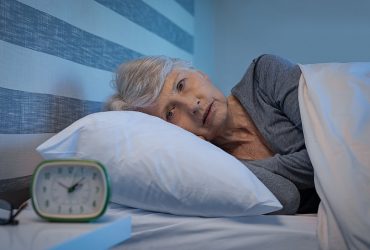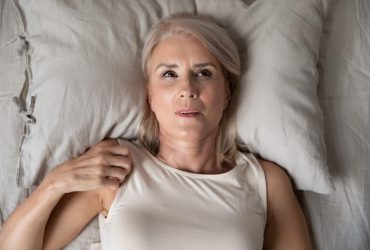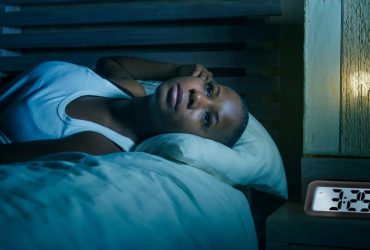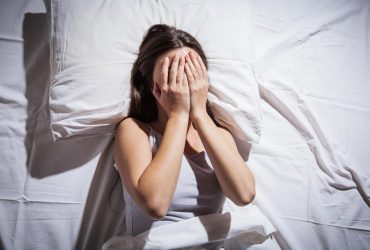Among long-term breast cancer survivors, insomnia further elevates depression risk
Insomnia linked to faster decline in global cognition scores and increased risk for cognitive impairment in older adults
Findings seen in as little as one month of treatment through 18 months of treatment
14 bacterial taxa may contribute to increased risk for insomnia; eight gut bacterial taxa show protective effect
Endotoxin induced increases in Profiles of Mood States depression subscale to a greater extent in those with insomnia
Insomnia severity only partially mediates the relationship between ADHD traits and lower quality of life in adults
Psoriasis was significantly associated with restless leg syndrome, insomnia, and obstructive sleep apnea
Findings do not vary by social media use versus other screen activities
taVNS significantly reduces insomnia severity and is associated with sustained benefits over 20 weeks
Intervention includes six-week in-home, voice-activated cognitive behavioral therapy program










